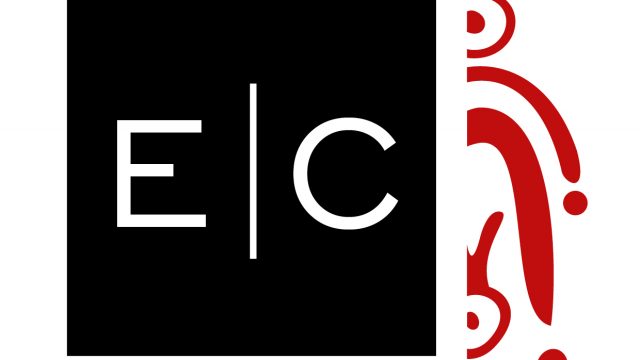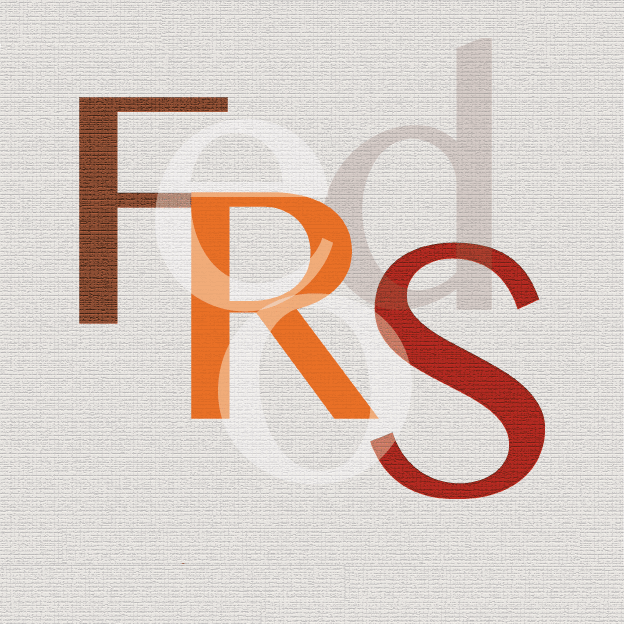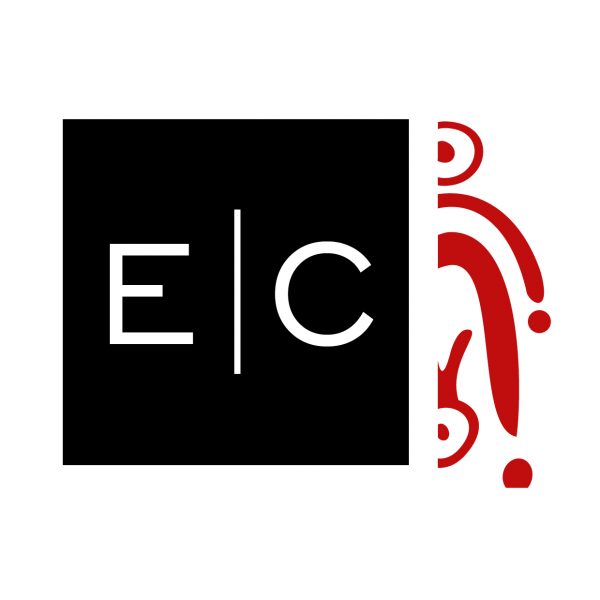
Call for papers – E|C n. 42, 2024 Kafka. The Politics of Translation
Call for papers
E|C n. 42, 2024
Kafka. The Politics of Translation
Edited by Isabella Pezzini (Sapienza University, Rome) and Paolo Sorrentino (University IULM, Milan)
“How to enter a work like Kafka’s? A work that is a rhizome, a burrow?”
With these words opens one of Deleuze and Guattari’s major contributions to the critique of language and the treatment of meaning.
One hundred years after the Bohemian author’s death, his work never ceases to provoke questioning, intercession, adaptation. Translations. For semiotics, the anniversary is then propitious to try a double movement. On the one hand, to turn its gaze to Kafka’s passions, in which it recognizes usual objects: nightmares, monsters, irony, anguish, madness, desire, fear, metamorphosis, bureaucracy. Power. On the other, refine its tools, addressing eminently semiotic problems: language, translation, culture, textuality, enunciation, passion, actoriality, spatiality, temporality.
The operation consists in vibrating the positions, observing them with a squinting gaze. Our belief is that it is translation theory that propitiates analysis and viceversa. Far from situating itself on a pole of negativity – although there is no shortage of more or less predictable misunderstandings, such as those highlighted by Kundera on the mutilated language of humor – we think of translation as a process of correlation capable of (re)assembling the concatenations that bind action and passion.
Hence a series of politics of translation. Like a spider, the subject of enunciation translates the world into its dense web of relations while situating himself there; but this does not free him from being in turn taken up, translated, and situated by the world’s textures that survive him.
Romance Federation of Semiotics
Federazione Romanza di Semiotica
Federação Românica de Semiótica

